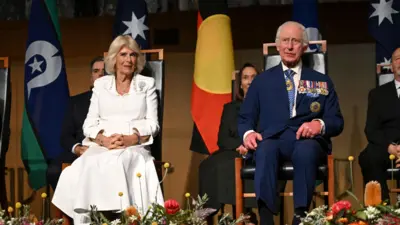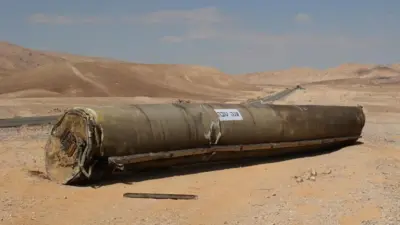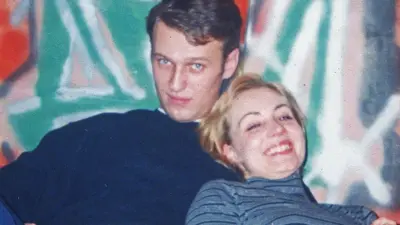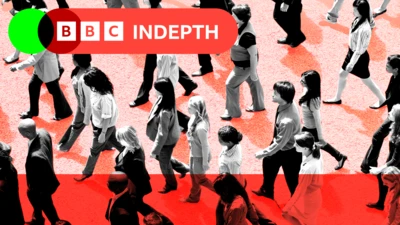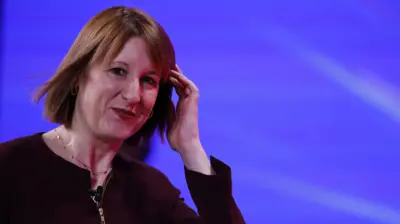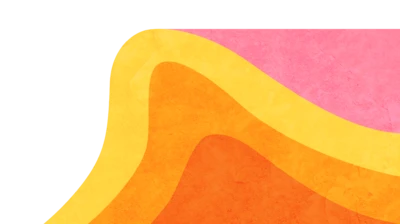We've updated our Privacy and Cookies Policy
We've made some important changes to our Privacy and Cookies Policy and we want you to know what this means for you and your data.
Syria war: Satellite images reveal Idlib destruction and displacement
Image source, DigitalGlobe
Analysis of satellite images in the south and east of Syria's Idlib province suggests large parts of the area are now uninhabitable.
said almost a third of the buildings in two towns had been damaged or destroyed in government offensives on the opposition's last stronghold.
Other images showed fields filling up with camps for displaced people.
Almost a million civilians have fled their homes since December alone.
Hundreds have also been killed during that period, the vast majority of them victims of attacks by the Syrian government and its allies, according to the United Nations.
On Tuesday, the UN's emergency relief co-ordinator warned that the displaced were "struggling to survive in horrific conditions", with many forced to sleep in the open.
Image source, DigitalGlobe
Idlib is the last region still controlled by the jihadists and Turkey-backed rebels who have been trying to overthrow Syrian President Bashar al-Assad since 2011.
In recent years an influx of displaced people has doubled the province's population to about three million, including one million children.
A series of satellite images, analysed by the Signal Program at Harvard Humanitarian Initiative, show the impact in two areas of Idlib since 2017 of the offensives launched by the government with the help of Russian air strikes and Iran-backed militiamen.
In the areas examined, the researchers estimated that nearly one-third of buildings had been entirely or partially destroyed by aerial bombardment and ground fighting.
With inhabitants having fled before or during the government offensive, aid organisations believe the destruction of homes and vital civilian infrastructure will make it almost impossible for families to return to the areas in the near future, according to the report.
Other images show two displacement camps in northern Idlib that have almost doubled and tripled in area since September 2017 and February 2020, according to the report.
Image source, DigitalGlobe
The camps are seen spreading over what was previously agricultural land. In both, population density appears to grow acutely between 2018 and 2019, with significant increases over the past year.
Image source, DigitalGlobe
Image source, DigitalGlobe
"Relentless bombardment has all but emptied out large parts of Idlib in a matter of weeks, with catastrophic consequences for hundreds of thousands of children and women," said Sonia Khush, Syria country director for Save the Children.
"Half a million children are crammed in camps and shelters at the border with Turkey, with no access to the basics of a decent life: a warm place to sleep, clean water, nutritious food and education. Families are being squeezed beyond breaking point and our partners on the ground are overwhelmed by the scale of the needs.
"The world cannot continue to watch and wait while children are killed, injured and displaced on such a massive scale," she added.
In recent weeks, Turkey has sent thousands of troops into Idlib to support the Syrian opposition, triggering deadly clashes with pro-government forces.
On Thursday, Turkish President Recep Tayyip Erdogan will hold talks in Moscow with his Russian counterpart, Vladimir Putin. Mr Erdogan has said he aims to broker a ceasefire.
.
Top Stories
More to explore
Most read
Content is not available

